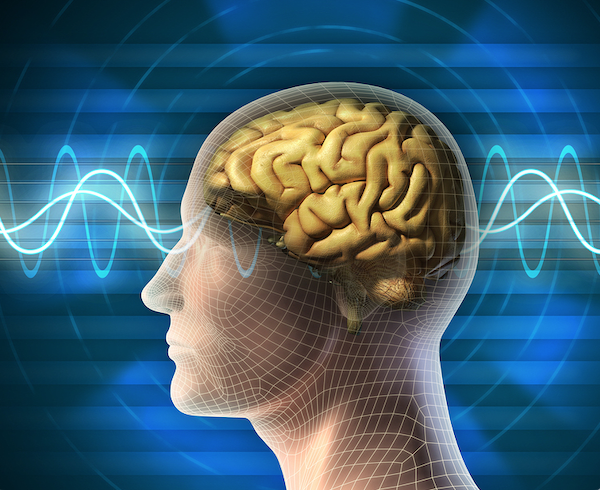Aging. The five-letter word that scares us. Not just because of our physical appearance changing, but our health, especially our cognitive health, begins to deteriorate.
Thankfully there are signs to detect cognitive issues in seniors, as well as ways to prevent or slow down cognitive impairment, such as having a healthy planned lifestyle.
The Warning Signs
We all experience those moments when we walk into a room and forget why we went there in the first place. Or forgetting what you were going to tell someone. However, for seniors, these experiences can be a tell-tale sign of a decline in cognitive skills. Making decisions, concentration and even learning can become harder.
These symptoms may be natural side effects of aging, but sometimes they can be an indication of more serious conditions such as Alzheimer’s or dementia. Due to the severity of these illnesses, you should seek medical advice for you or your loved one immediately to determine what is causing the cognitive distress.
Signs of Cognitive Issues
- Mood Swings
- Trouble recalling people, places, or memories
- Repeating questions/stories
- Difficulty concentrating
- Poor decision making/ judgment choices
- Decline in vision
- Struggling to find the “right words”
- Misplace items on a regular basis
- Having trouble processing things
Staying Active
Remaining active as a senior is imperative not only to physical health but also to cognitive health.
Stress can wreak havoc on our mental health by debilitating learning and memory functioning. Exercising releases endorphins, which helps improve mood and release stress.
Along with physical activities, mental activities help strengthen our brain’s functionality. Reading, taking adult education courses, playing sudoku or crossword puzzles are great ways to keep one’s mind challenged and working in order to help in preventing Alzheimer’s.
Eating Healthy
Having a healthy diet is not only important all the time, but even more essential for seniors. Healthy breakfasts consisting of eggs, yogurt, fruit, and cereal are a great start to a senior’s day.
Along with a nutritional breakfast, there are other foods that are good for cognitive health.
Greens
We’ve all been told to grow up to eat our veggies and for good reason! According to Harvard Health Publishing greens such as kale, spinach, collards, and broccoli have vitamin k, lutein, folate, and beta carotene- all of which are nutrients that promote brain health, even helping slow cognitive decline.
Fish
Who knew fatty fish could help with Alzheimer’s?! Fatty fish such as sardines,
Salmon and tuna are rich in omega-3 fatty acids which have been related to lowering the blood levels of a protein that forms clumps in the brains of people with Alzheimer’s: beta-amyloid.
Berries
The natural plant tint that helps give berries their color, flavonoids, can help improve one’s memory!
Tea and Coffee
Harvard Health Publishing notes that in a study, those who had a higher caffeine intake scored better on tests of mental functions! Get concentration and mental function from a daily dose of caffeine.
Nuts
Nuts are a great source of protein and walnuts can be linked to the improvement of memory.
Social Interaction
As humans, we need social interaction to promote healthy cognitive health. This becomes even more important as we age.
According to the National Institute on Aging being socially active can be linked to low levels of interleukin-6: “…an inflammatory factor implicated in age-related disorders such as Alzheimer’s disease, osteoporosis, rheumatoid arthritis, cardiovascular disease, and some forms of cancer.”
There are many ways seniors can socialize. Visiting with family and friends is a great way to catch up and socialize with ones they love.
If your loved one is in an assisted living facility or nursing home, they can participate in group activities, such as game nights, classes and more. Sometimes these facilities may offer pet therapy which is a perfect way to socialize with four-legged companions.
Intergenerational programs are also a great source of socialization. Facilities or nursing homes may have partnerships with local schools and organizations, which allows seniors to bond with a younger group and learn from them and keep their minds active.
Cognitive issues are scary. But there are ways to prolong the severe effects. If you or your loved one are having trouble with memory or anything related, try some of the solutions above to help slow down cognitive decline.
About the Author
Melissa Andrews is the Content Marketing Strategist for Paradise Living Centers, an assisted living center for seniors with locations in Paradise Valley and Phoenix, Arizona. In her spare time, she enjoys cooking and going on hiking trips with her siblings and cousins.

